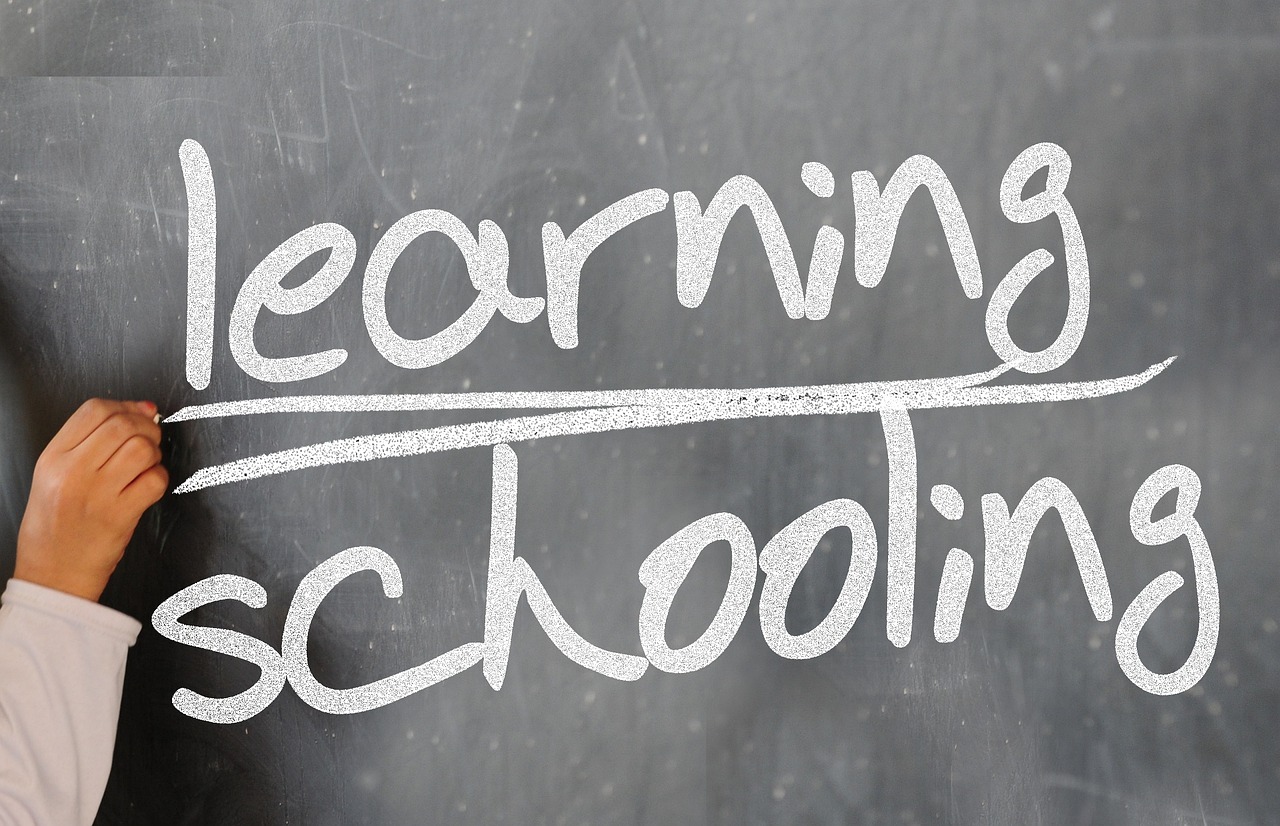新冠肺炎疫情英文简写怎么写(新冠肺炎疫情英文简写怎么写的)
Introduction
The COVID-19 pandemic, a global health crisis that has reshaped the world in unprecedented ways, has brought about a myriad of challenges and changes. The virus, formally known as SARS-CoV-2, was first identified in the Chinese city of Wuhan in late 2019 and has since spread rapidly across the globe, infecting millions and causing significant disruptions to economies, societies, and daily life. This article will explore the origins, impact, and various responses to the COVID-19 pandemic, with a focus on the challenges it has posed and the lessons we can learn from this global crisis.
Origins and Spread of COVID-19
The origins of COVID-19 are still under investigation, but it is believed to have originated from bats and was transmitted to humans through an intermediary animal, likely a pangolin. The virus's rapid spread can be attributed to its high infectiousness and the fact that it was initially undetected and uncontained. By early 2020, the virus had spread to multiple countries, leading to the declaration of a pandemic by the World Health Organization (WHO) on March 11th, 2020.
The Impact of COVID-19

The COVID-19 pandemic has had a profound impact on societies worldwide. The virus has caused a significant loss of life, with millions of people infected and hundreds of thousands of deaths reported globally. The economic impact has been severe, with many businesses forced to close and unemployment rates spiking. Additionally, the pandemic has disrupted education systems, with schools and universities shifting to online learning. The healthcare system has been overwhelmed in many countries, leading to a shortage of medical supplies and hospital beds.
Government Responses and Public Health Measures
Governments around the world have implemented various measures to contain the spread of the virus. These include lockdowns, social distancing measures, mask mandates, and restrictions on mass gatherings. Additionally, governments have invested heavily in research and development for vaccines and treatments. As of this writing, several vaccines have been approved for use globally, and millions of people have been vaccinated.
The Role of Science and Technology

The COVID-19 pandemic has underscored the importance of science and technology in addressing global health crises. Researchers have worked at an unprecedented pace to develop vaccines and treatments for the virus. Additionally, technology has played a crucial role in tracking the spread of the virus, providing real-time data for decision-makers. The use of artificial intelligence and big data has also been instrumental in identifying hotspots and predicting potential outbreaks.
Lessons Learned and Future Considerations
The COVID-19 pandemic has taught us several lessons about how to prepare for and respond to future pandemics. Firstly, it is essential to invest in public health infrastructure and strengthen global health security. Secondly, collaboration between governments, international organizations, and the private sector is crucial in addressing global health crises. Lastly, it is essential to prioritize the development of vaccines and treatments for emerging infectious diseases.
Conclusion
The COVID-19 pandemic has been a global challenge that has tested our resilience and ability to respond to a crisis. While the virus has caused significant disruptions and losses, it has also highlighted the importance of science, collaboration, and innovation in addressing global health crises. As we move forward, it is essential to learn from this experience and invest in public health infrastructure to ensure that we are better prepared for future pandemics.

In conclusion, the COVID-19 pandemic has brought about numerous challenges that have required a global response. The virus's rapid spread and high infectiousness have caused significant disruptions to economies, societies, and daily life. However, through collaboration, innovation, and investment in public health infrastructure, we can learn from this experience and be better prepared for future pandemics. As we continue to navigate this crisis, it is essential to remain vigilant and adapt our responses as new information emerges.





还没有评论,来说两句吧...